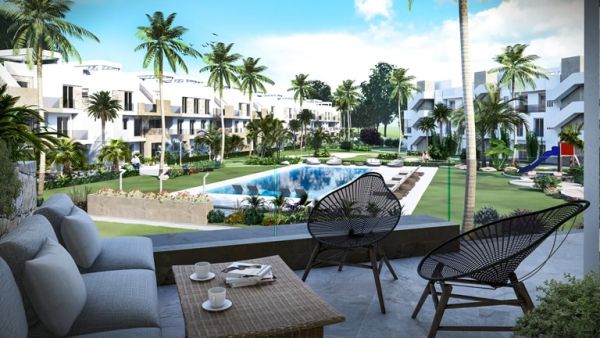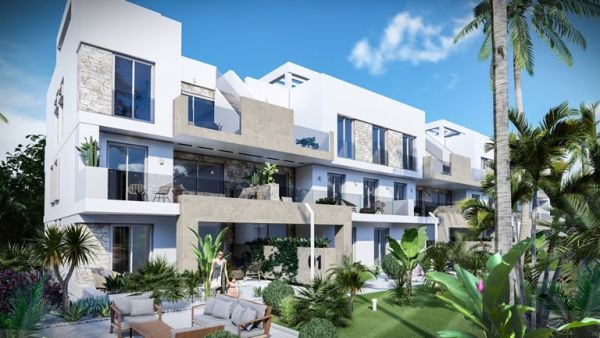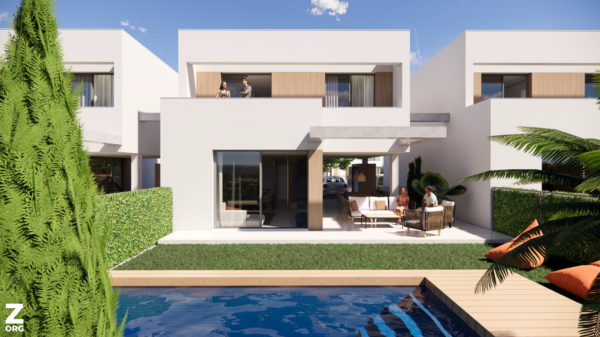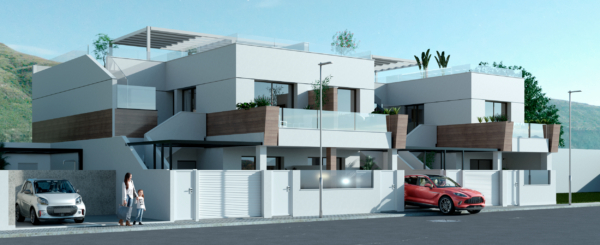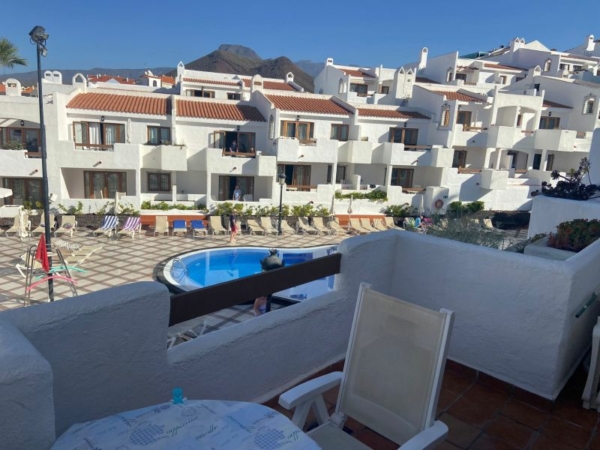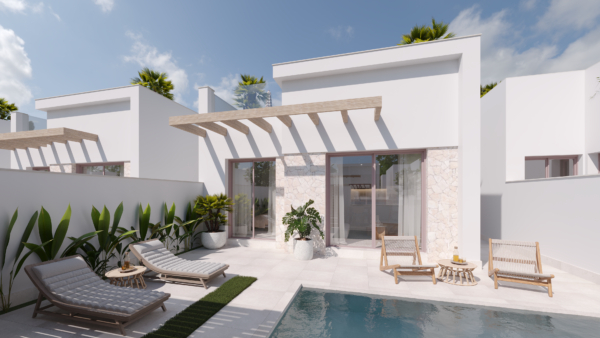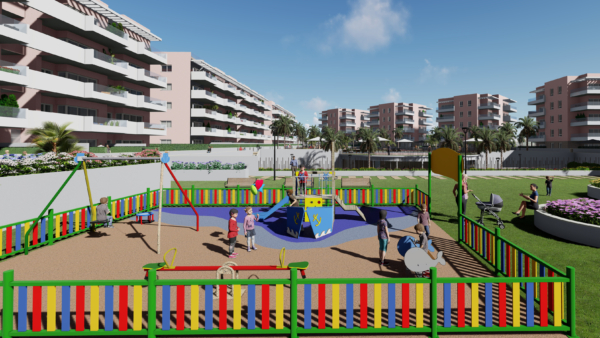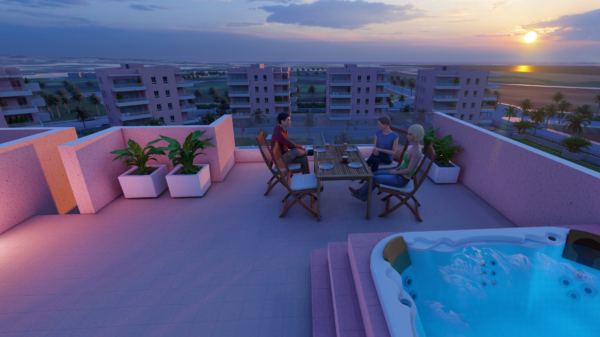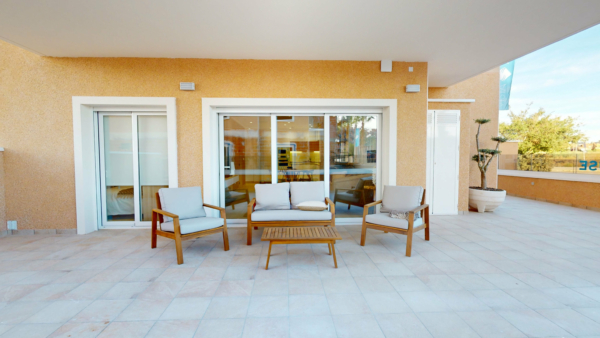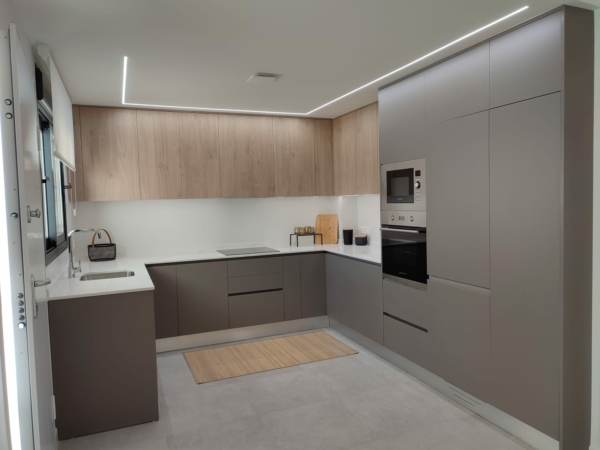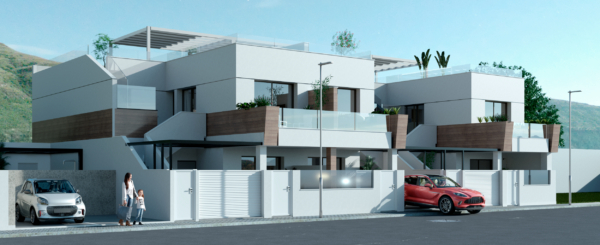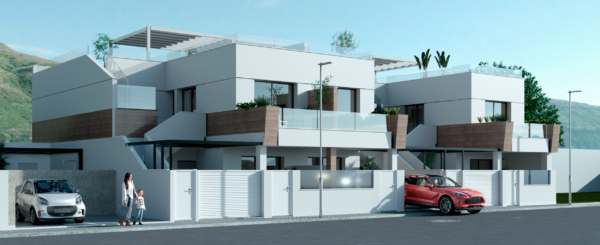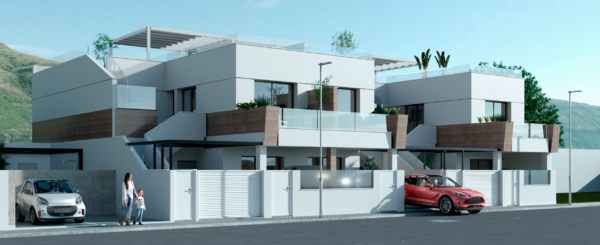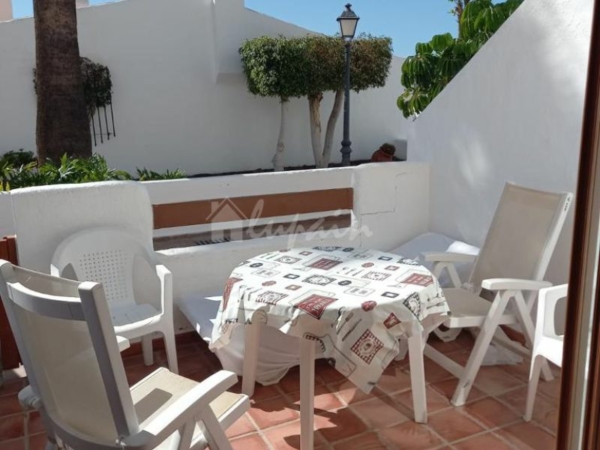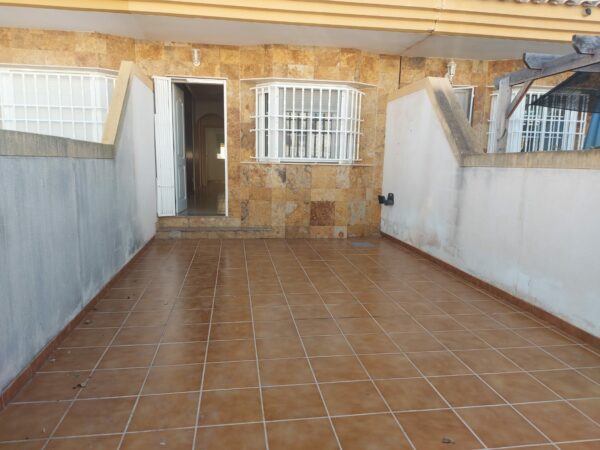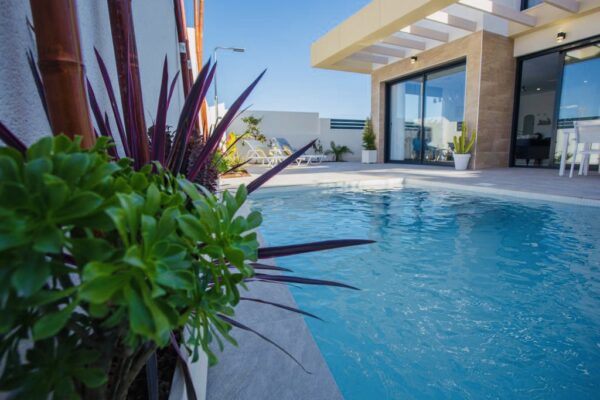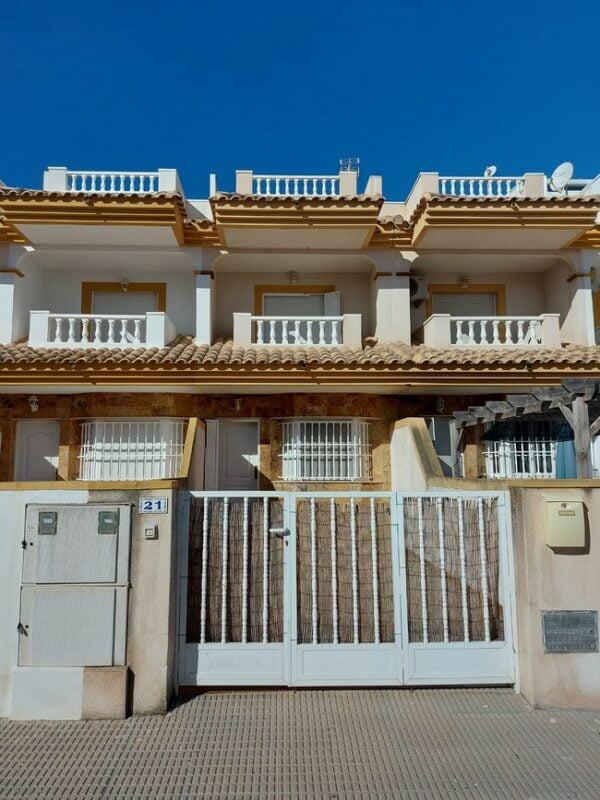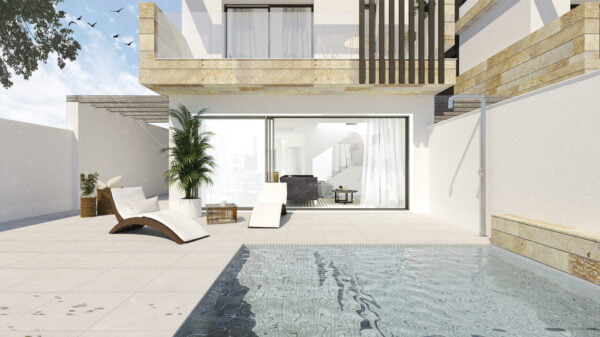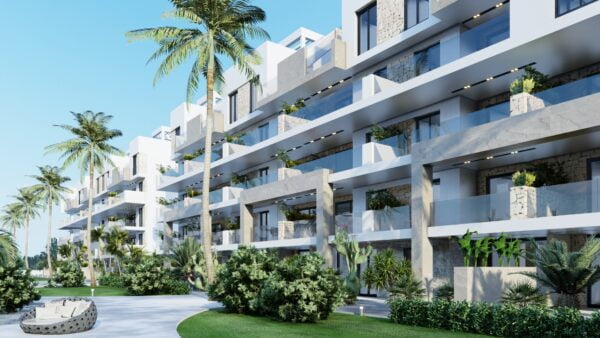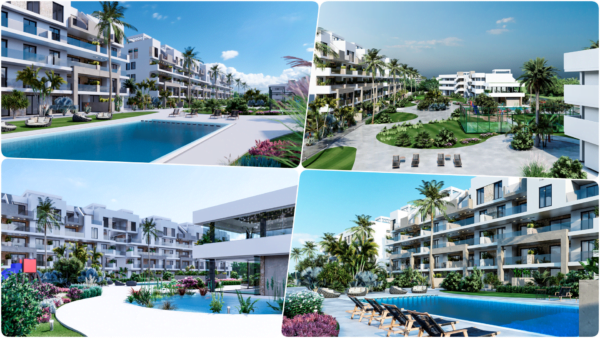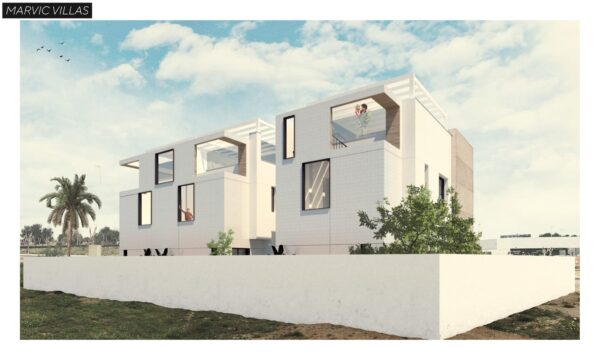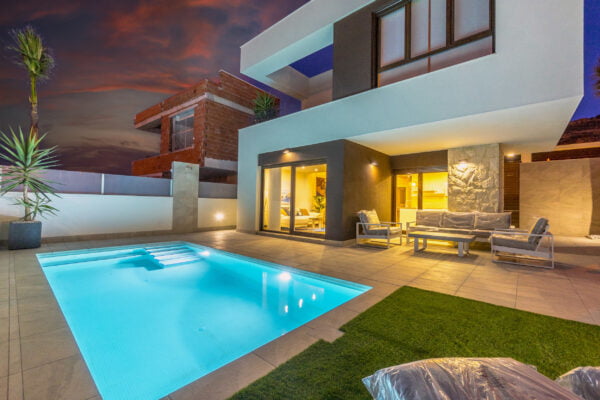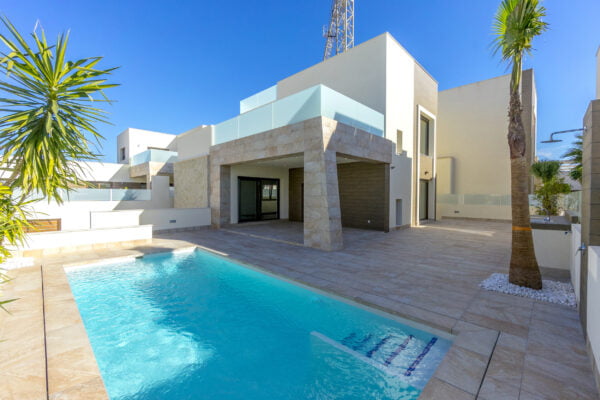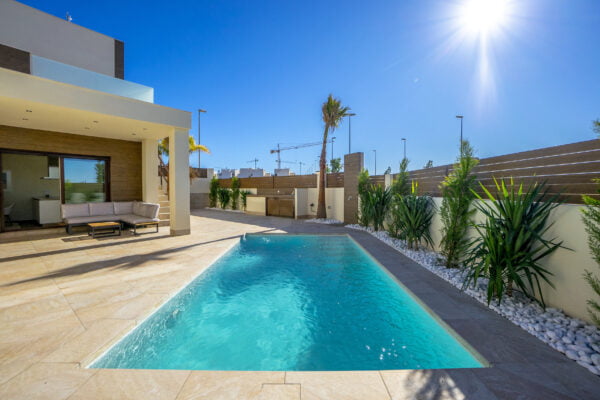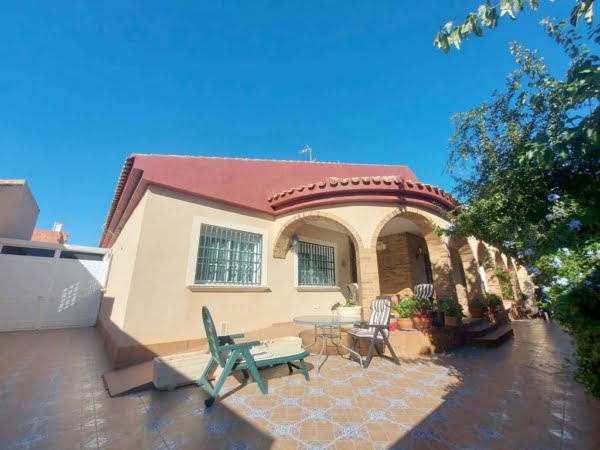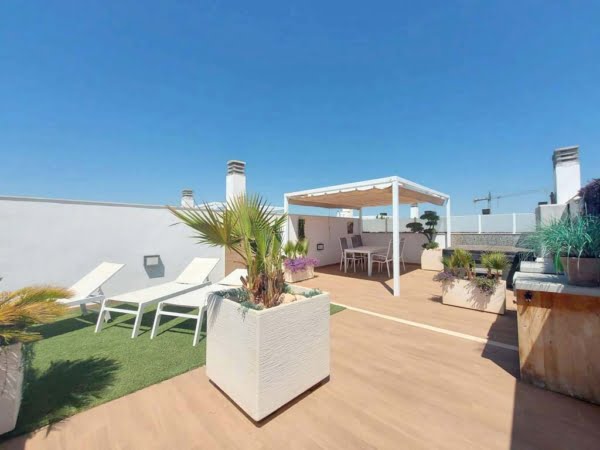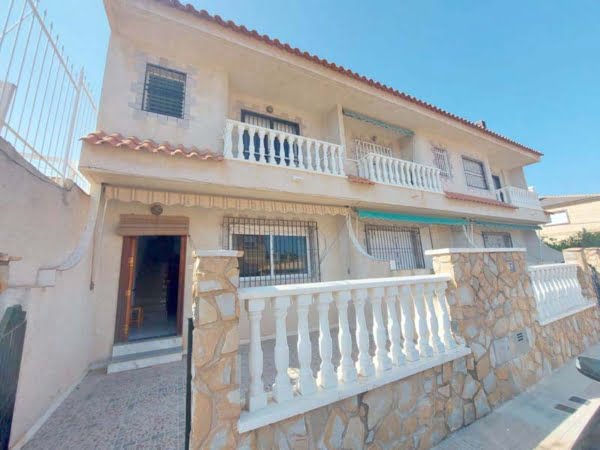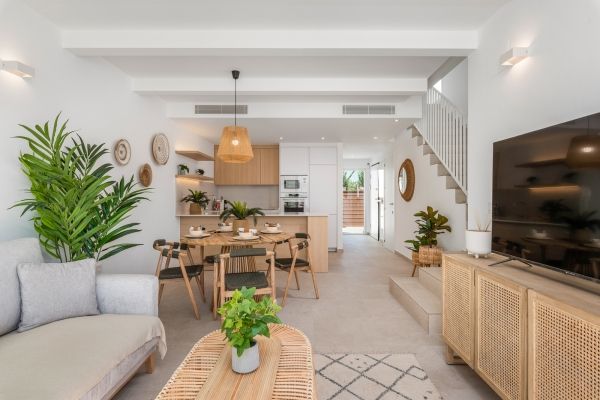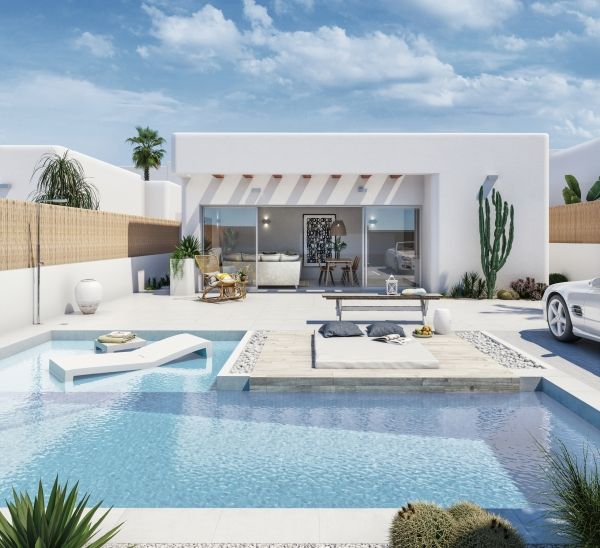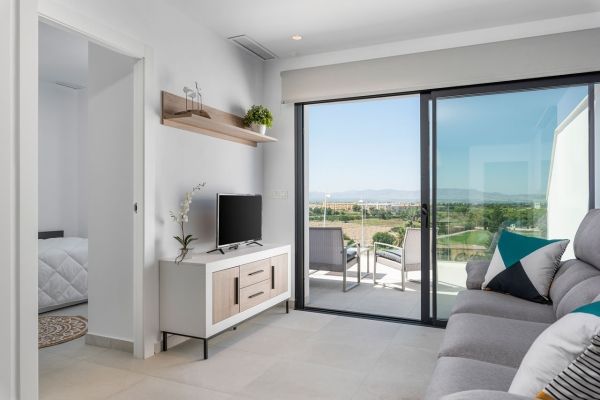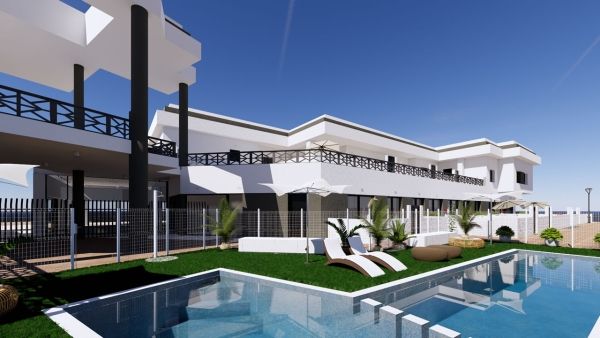Spain’s real estate market has seen a significant recovery over the last few years after it collapsed in 2008. The government has implemented measures to incentivize buying and selling property, resulting in an increase in property sales and construction. The Spanish real estate market is diverse, with a wide range of properties available for sale at different price points across the country.
When determining your budget and financing options, it’s important to consider the long-term implications. You should also think about your future plans and whether or not the property will suit your needs in the coming years. For instance, if you are still working then it is likely your purchase will be for a holiday home, which will have differing consideration for you, your family and friend’s needs – close to the beach, not far from the airport, near to bars, restaurants and so on. However, you may also be thinking long term, as perhaps somewhere to retire to, or simply spending more time at once you do retire; you might have differing requirements as you get older, suddenly having a property on the doorstep of several loud and noisy bars may not have been the best idea, or your property has lots of steps.
Whatever your needs It’s recommended that you work with reputable professionals to advise, and ensure a smooth purchase so that you make the best decision for your individual situation.
Type of Property
Spain offers many different types of properties, from stylish apartments to grand villas. The type of property you opt for will depend on your budget, personal preferences and how much space you require.
If you’re looking for an affordable option, apartments are a popular choice. They can be found in almost every Spanish city and town, and range from small studios to large penthouses.
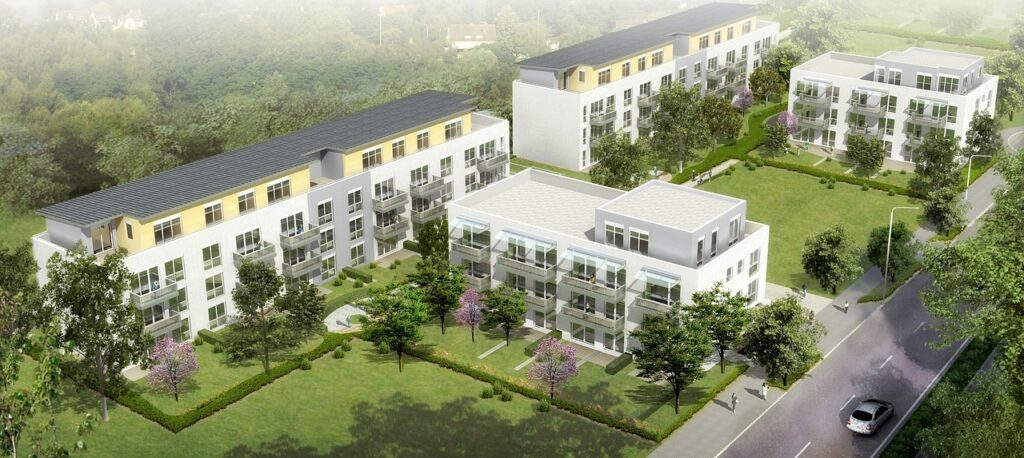
Alternatively, if you are after more space, villas and townhouses are available in various sizes and styles, from modern to traditional.
Another option could be a finca, which is a rural property or farmhouse, typically surrounded by land. They are mostly found in the countryside and can be a good investment for those who want a retreat from bustling city life.
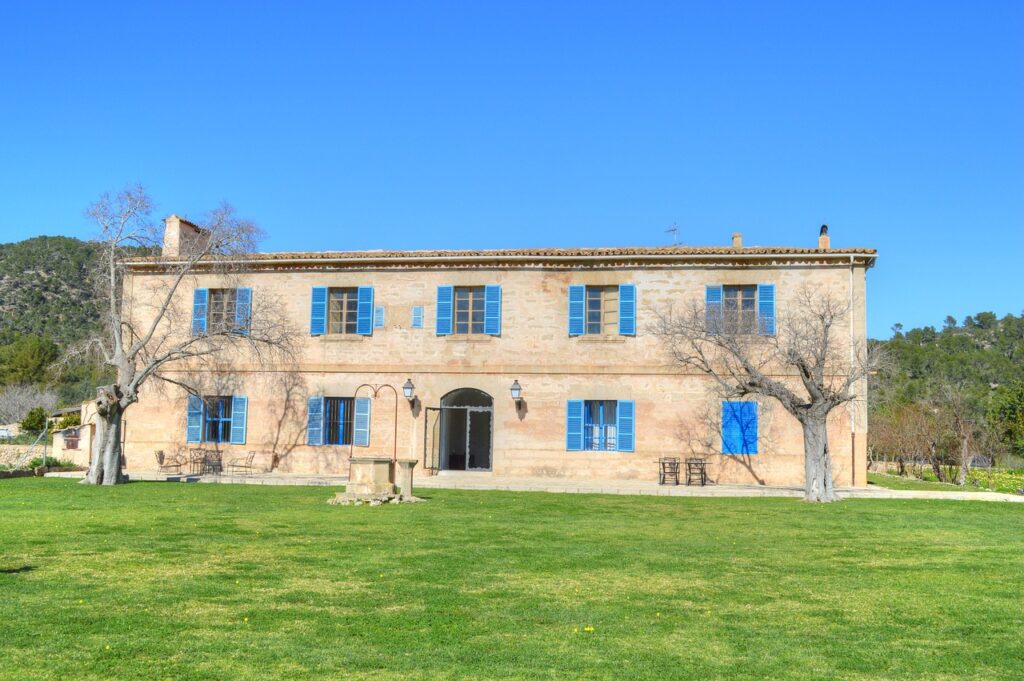
Navigating the legal process of buying a home in Spain
Before purchasing a home in Spain, it’s important to understand the legal process involved. The first step is usually to hire a lawyer who specializes in Spanish real estate law. They can advise you on the legal requirements and processes involved and ensure that all the necessary paperwork is completed correctly.
DirectCasas.com can put our buyers and sellers in touch with a local trusted legal company if required.
Once you have found a property that you are interested in, you will typically be asked to sign a reservation contract. This contract involves paying a deposit, which will reserve the property for a set period of time while the legal checks are carried out. During this time, the lawyer will carry out checks to make sure that the property has no outstanding debts or legal issues.
The final step in the legal process is signing the purchase deed (escritura de compraventa). This is done in front of a notary public, who will verify the identity of the parties involved and ensure that the contract is legally binding. Once the purchase deed is signed, the property officially belongs to the buyer, and they will need to pay any outstanding taxes and fees, such as stamp duty and registration fees.
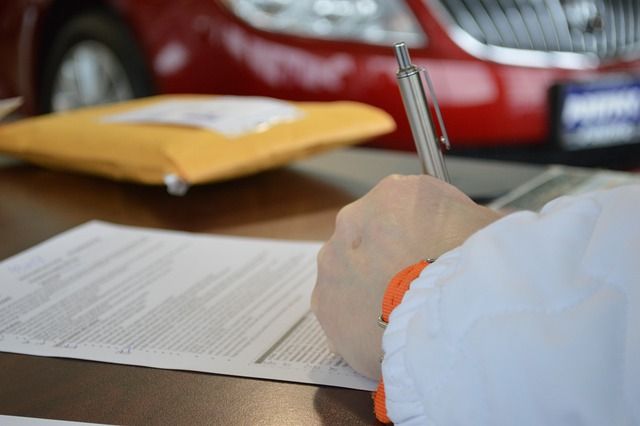
Finalizing the purchase and post-purchase considerations
Once you have found your perfect property, it is time to finalize the purchase. This entails signing the contract of sale and paying a deposit to the seller. It is highly recommended that you hire a lawyer to guide you through this process and ensure that everything is in order.
Your lawyer will conduct due diligence, which includes checking that the property is free from any debts or legal issues that may affect the purchase. They will also ensure that all relevant paperwork, such as the escritura (title deed) and certificates, are in order.
Once everything has been checked and approved, the final step is to sign the escritura and transfer the funds to the seller. The transaction is complete, and you can now officially call yourself a homeowner in Spain.
Post-Purchase Considerations
After purchasing your home in Spain, there are a few post-purchase considerations to take into account. One of the main things to consider is registering your property with the Land Registry. This will provide legal protection for your ownership and ensure that no one else can claim ownership of your property.
You may also need to obtain certain licenses and permits if you plan on making any renovations or changes to your property. Your lawyer can advise you on what is required and guide you through the process.
Another consideration is setting up utilities and services, such as water, gas, electricity, and internet. It is essential to research and compare the different providers to find the best deals and services for your needs.

